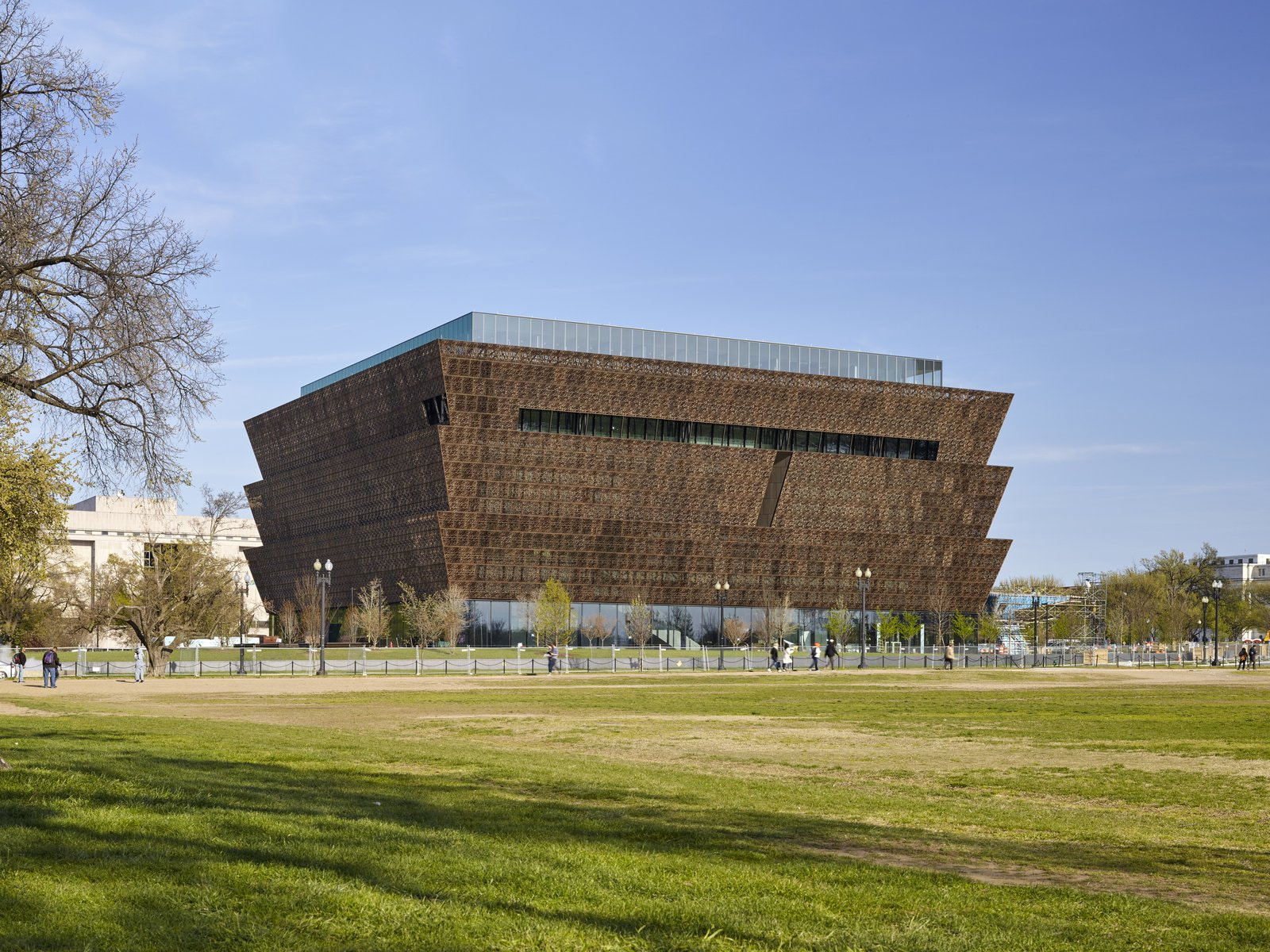The series of lectures by sociologist Alexander Bikbov invites us to explore the city from a new angle, offering a range of perspectives besides that of the urban planner or ‘the average’ consumer. Seen by its inhabitants, the city reveals it’s aspects that are often invisible for the ‘general viewer.’
The city of façades is the space of Sunday walks, urban planning and consumerist pleasure: architecture-in-the-making, the flow of human streams, leisure projected into sensation. But the city of everyday life, hidden behind the façades and bursting with energies, is the city of teenagers and migrants, protesters and minorities, passengers, activists and artists. In the constant interplay of what’s visible and out of sight, the façades are supported by the Brownian motion of lifestyles, and time is mostly perceptible under the surface of the city, where things that were invisible suddenly come into the foreground.
In order to see the incredible history of the present behind the façades, we need to assume a special perspective; we need to know how to cut through what lies on the surface and media clichés. Exploring life in separate areas, protests and hidden places, a sociologist is able to discover a universe of difference that cannot be contained by the well-known and promoted images. Documenting the spectacular diversity of scenes and faces, artists and the photographers can see the familiar city dissolve into a multitude of new, previously unseen configurations. Fighting their way through bans and limitations, activists creates a livable city with pedestrian streets and green areas, and maintain peace in residential areas through a constant invisible struggle.
The City from the Inside is a cycle of lectures based on a research project of the same name, initiated by Alexander Bikbov and focused on gathering a body of information on the city dynamics through interviews with its participants and collection of visual materials relating to the reappropriation of the urban space by its inhabitants and their mental maps of the city. Discussions will explore lifestyles and social practices that can be found in ‘lived’ and public urban spaces (including the most unusual ones) as well as information flows relating to the city’s unplanned and unorganised everyday life. Focusing on subjects that are rarely noticed by the mass media, the lecture cycle offers its participants and listeners a new data and analysis.
